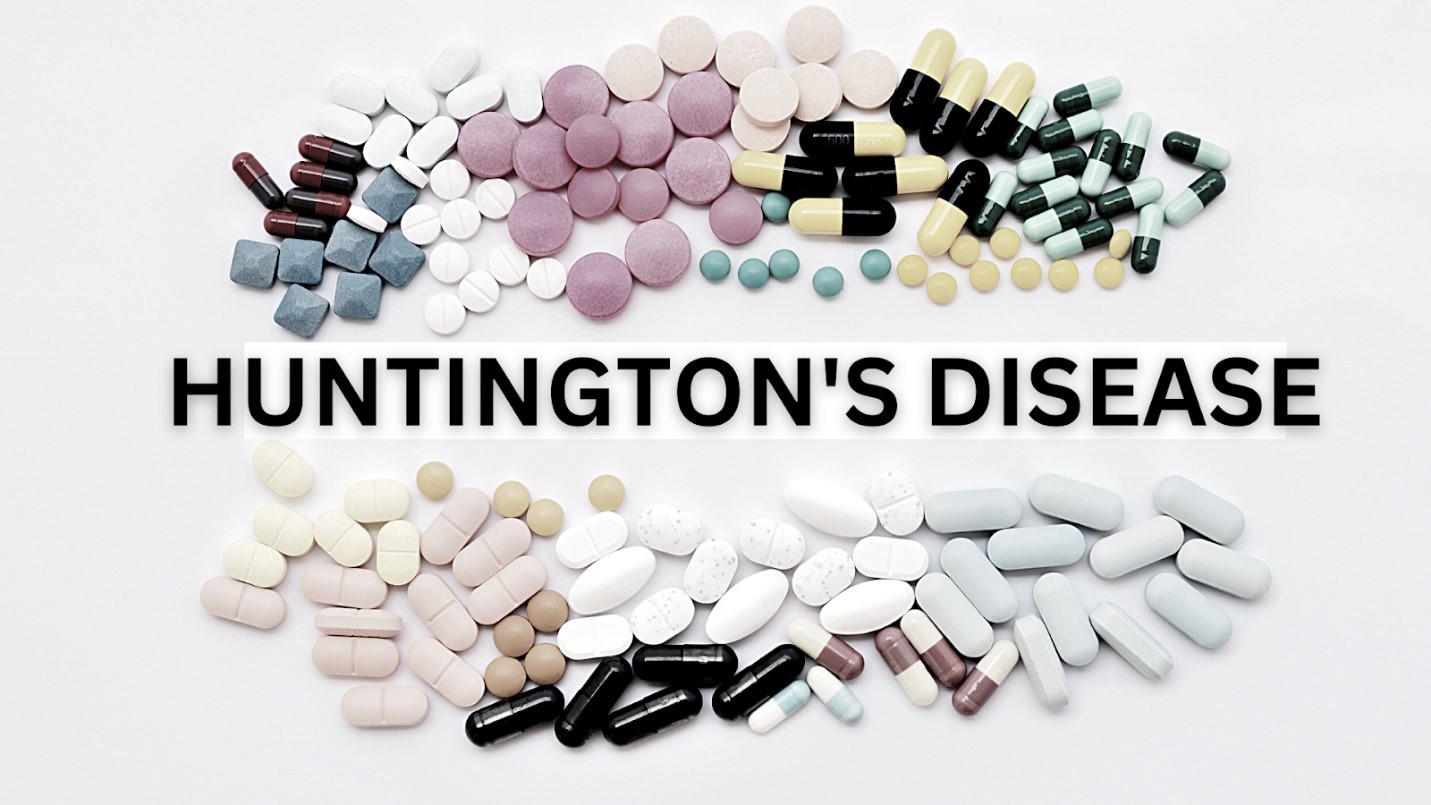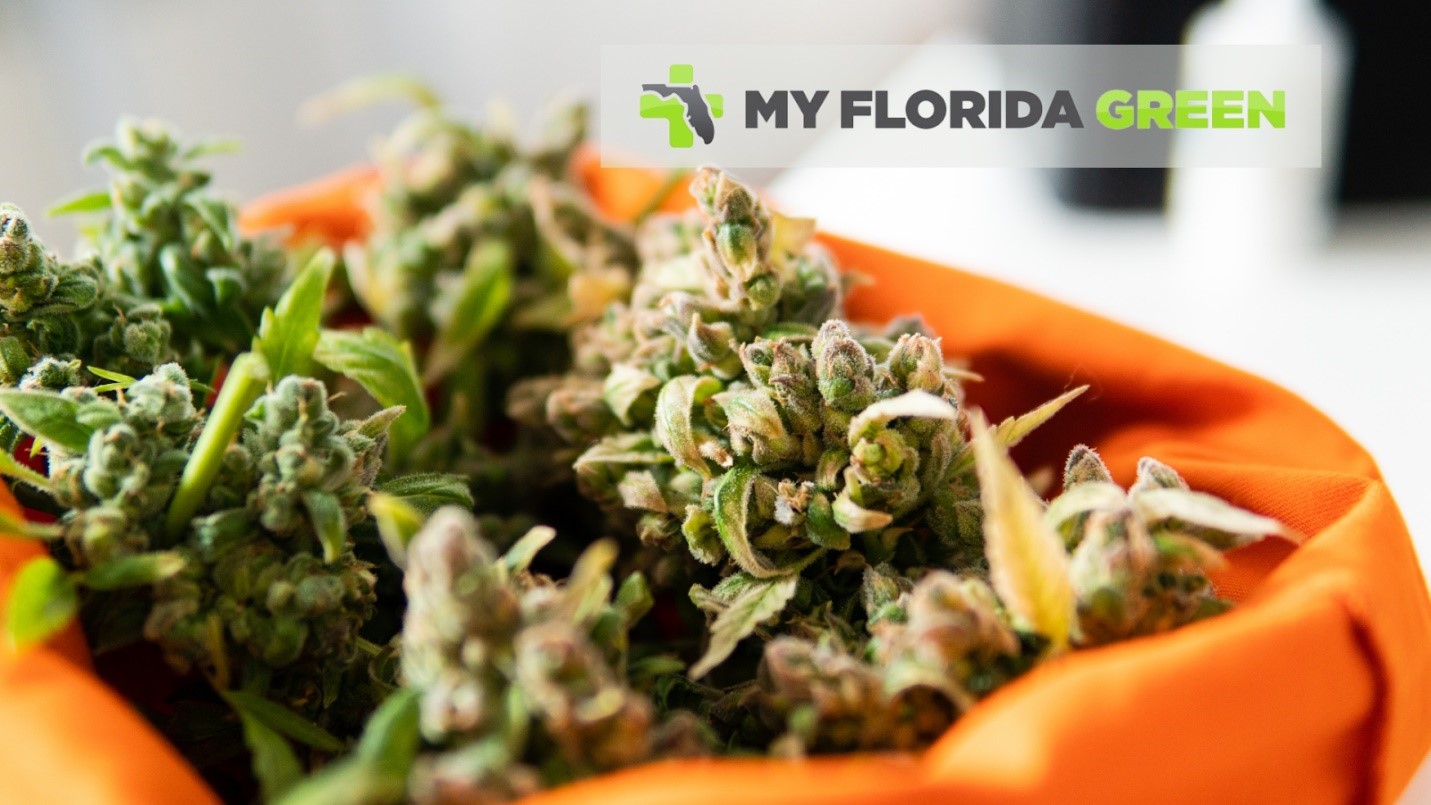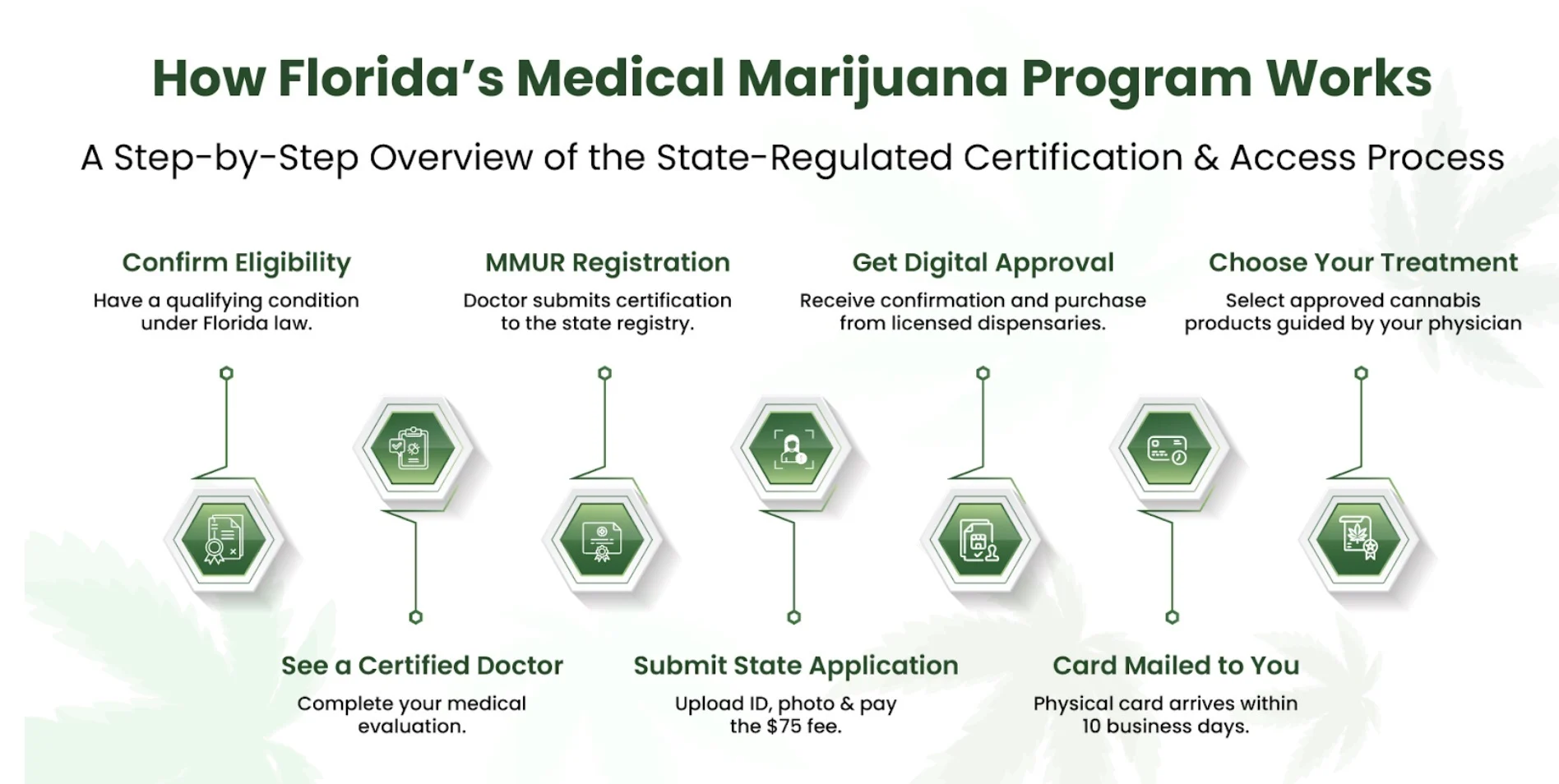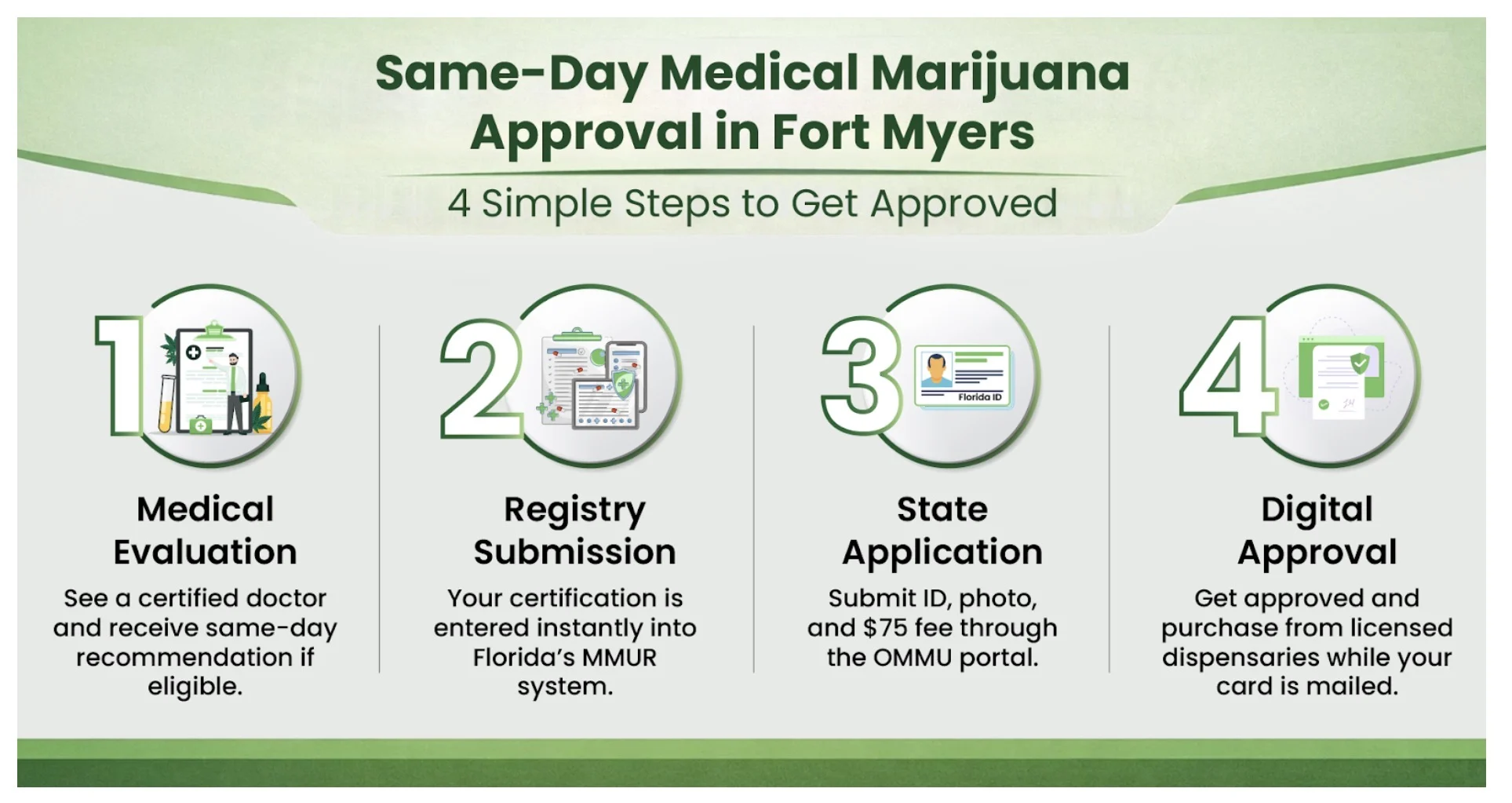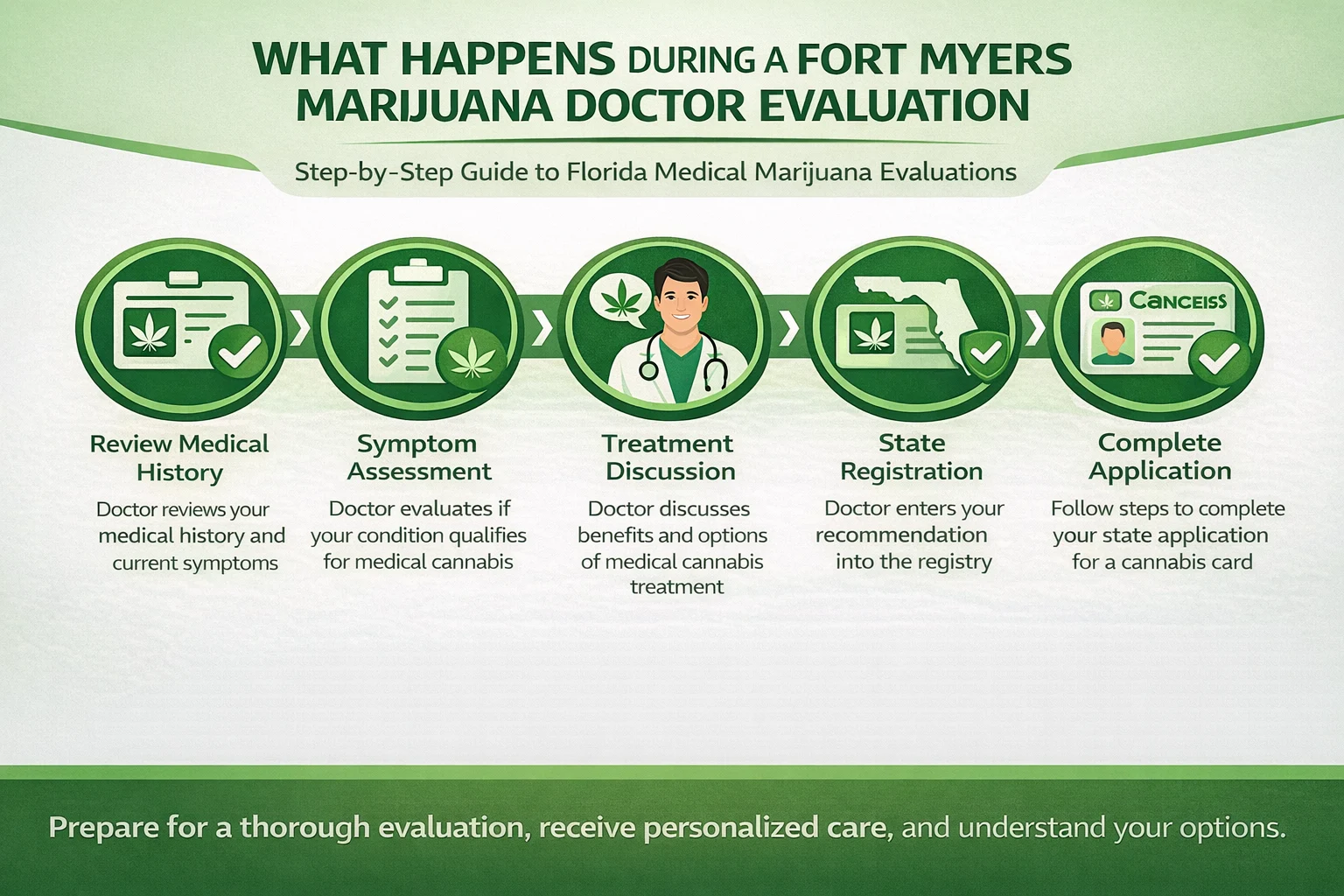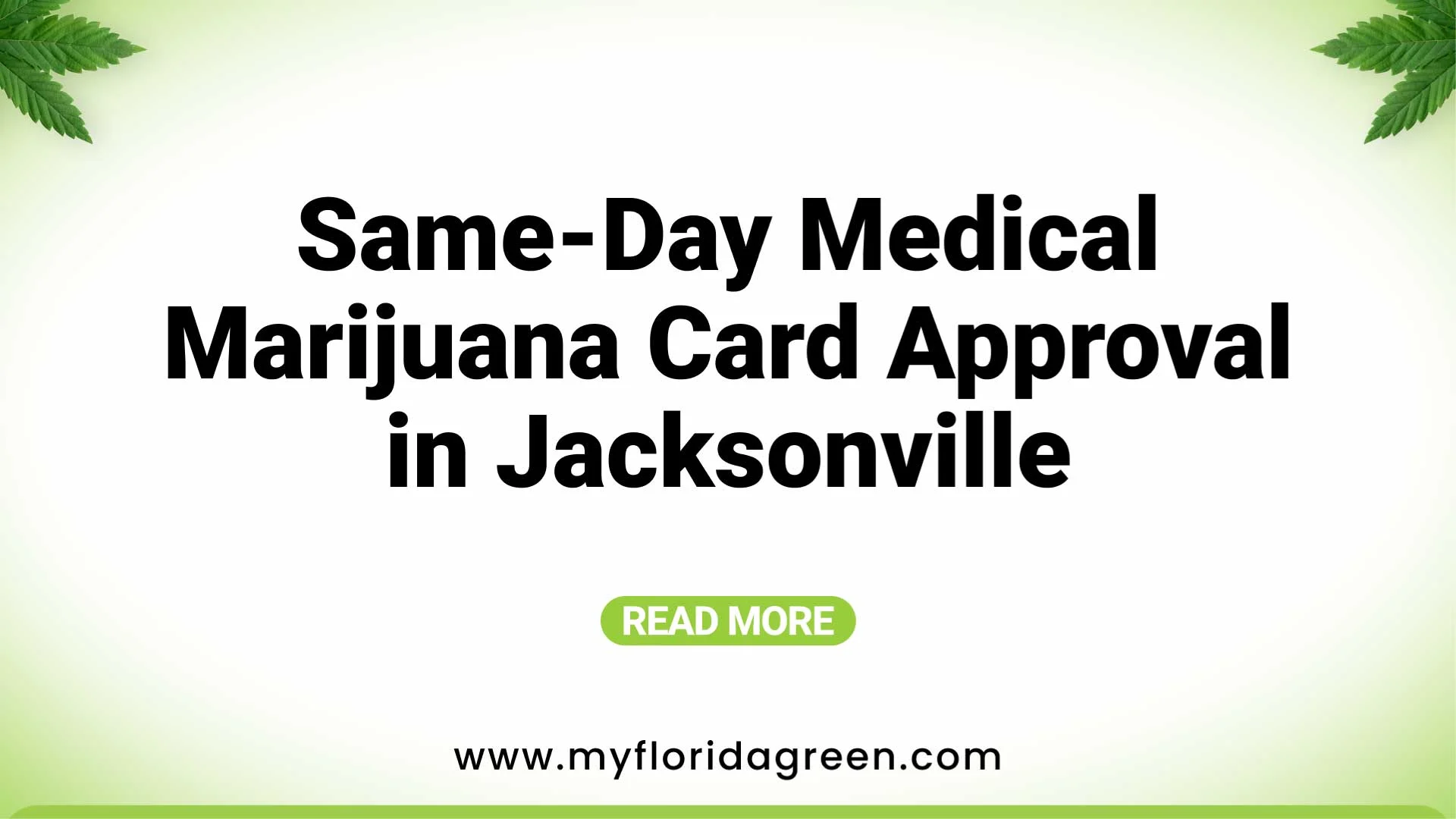Huntington’s disease is a neurological condition affecting the nerve cells and tissues within the brain and spinal cord, significantly affecting mobility, learning, and a patient’s cognitive abilities. The disease progresses gradually once symptoms manifest, making simple activities a challenge. Although signs of Huntington’s disease can start to display at any age, they frequently appear in adults in their 30s or 40s. HD causes cognitive and psychological issues with a wide range of symptoms and mobility problems, leading to a significant decrease in the patient’s quality of life. An individual with the illness eventually needs assistance to perform daily activities.
Huntington’s disease symptoms are managed with the use of medications; however, the treatment cannot stop the condition’s effects on the body, mind, and behavior. In recent years there has been a rise in the research on the medicinal properties of Marijuana for many health conditions, including Huntington’s disease. Since the legalization of the Medical Marijuana Card Fort Lauderdale and the availability of new quality clinical study data, the healing properties of Cannabis have become popular, and patients of Huntington’s disease are also taking advantage of its medicinal properties. A list of approved medical ailments can be legally treated with Marijuana, including HIV, terminal cancer, autoimmune, mental health and neuromuscular disorders, pain, and other serious conditions.
Consulting a Marijuana specialist is required for every qualified patient before adding Cannabis to the treatment. We are a state-licensed marijuana health center in Florida, with a team trusted by thousands in Naples, Sarasota, Melbourne, and St. Petersburg. The medicinal ability of Marijuana makes it a safer alternative when other medicines seem ineffective. Our experts help qualified patients receive their Medical Marijuana Card, do a comprehensive evaluation of and benefit from medical cannabis treatment.
Symptoms of Huntington’s Disease Explained?
Huntington’s is a hereditary disease caused by a gene mutation when proteins causing brain damage collect in the neural tissue causing neurological symptoms. As it affects the brain cells and tissues, it directly has an impact on behavior, movement, and cognition. As the disease advances, it becomes harder and difficult for the patient to talk, think, walk, reason, and swallow and eventually, the patient needs assistance and full-time care.
In the case of Huntington’s, the symptoms begin to set in during the ’30s and ’40s. Some early signs of the disease include irritability, sadness, involuntary movements, poor coordination, learning difficulties, and indecisiveness. People who are affected may have a hard time eating, speaking, or walking. Deterioration in thinking, reasoning skills, and personality changes are some symptoms of this condition. Adult-onset Huntington’s disease patients typically survive 15 to 20 years following the beginning of symptoms.
Juvenile Huntington’s Disease
The juvenile type of Huntington’s illness, which is less prevalent, begins to develop in childhood or adolescence. Additionally, it causes alterations in mind and emotions and leads to mobility issues. As one’s capacity for thought and reasoning deteriorates, academic achievement suffers. People with juvenile Huntington’s typically live 10 to 15 years from the start of symptoms, with the disease progressing more swiftly than in adults.
Juvenile Huntington’s disease may have different or somewhat altered symptoms. Some of the symptoms include:
- losing academic or athletic abilities
- abrupt decline in academic performance
- Behavior problems
- deterioration in fine motor skills is visible in abilities like handwriting
- seizures or tremors
Use of Cannabis for Huntington’s Disease
Huntington’s disease has no known treatment, patients can only control their symptoms with the available therapies and medications. Even while taking medicine, the patient’s steady health deterioration persists, and the disease’s trajectory remains unchanged. The treatment prescribed may alter as the disease progresses because of the progressive nature of Huntington’s disease. Many medications used to treat the illness may worsen the symptoms or have more adverse effects than they already do. Another step in the healing process is changing the dosage of the drugs to lessen those side effects.
The chemical elements of Marijuana known as cannabinoids interact with cannabinoid receptors in cells all over the body. Medical Marijuana has 60 distinct cannabinoids, but THC (tetrahydrocannabinol) and CBD (cannabidiol) are proven to have powerful therapeutic benefits. Many experts think these two substances complement one another’s pain-relieving effects by binding to CB1 and CB2 cannabinoid receptors, which explains why they can cure many illnesses, including HD.
Most current research and clinical trials demonstrate that CBD, a crucial component of the Cannabis Sativa plant, has several qualities that can help treat various Huntington’s diseases. Some symptoms, including neurodegeneration, oxidative stress, inflammation, motor deficits, and cognitive loss, can easily be treated. Moreover, Tetrahydrocannabinol (THC) and cannabidiol (CBD), the two main cannabinoids present in Cannabis, have been discovered to help preserve the life of brain neurons.
The striatal neurons in the medial temporal lobe of the brain are important for memory and other cognitive functions. It is not known exactly how this genetic mutation affects these neurons, but it is clear that there is genetic damage caused by the mutation. As a result, drug development has focused on treating this damage with medications that can reduce the effects of Huntington’s disease on the brain.
My Florida Green is a go-to Place for Treatment
Our knowledgeable Marijuana Doctor Sarasota at My Florida Green assist eligible patients in managing their symptoms. Each specialist has years of experience and a record of successful marijuana treatment. Interestingly, neuroprotective effects are seen when CBD and THC are used in equal amounts compared to when CBD is taken alone. In addition to the advantages of a neuro antioxidant, there may be another component at play with cannabinoid receptors.
Cannabis may help delay the development of the disease because the endocannabinoid system is closely linked to the growth of Huntington’s disease and because early in the disease’s progression, striatal neurons’ cannabinoid receptors dramatically diminish. Therefore, medical Cannabis can keep the condition from developing over time.
We prioritize their requirements to provide our patients with the most suitable and tailor-made marijuana therapy. Our patients benefit from using a reputable digital platform since they may access their private medical information and receive treatment while their Marijuana card and certification are legal. You can start your journey today by completing the intake form on our website, and our passionate team members will contact you for further steps.

